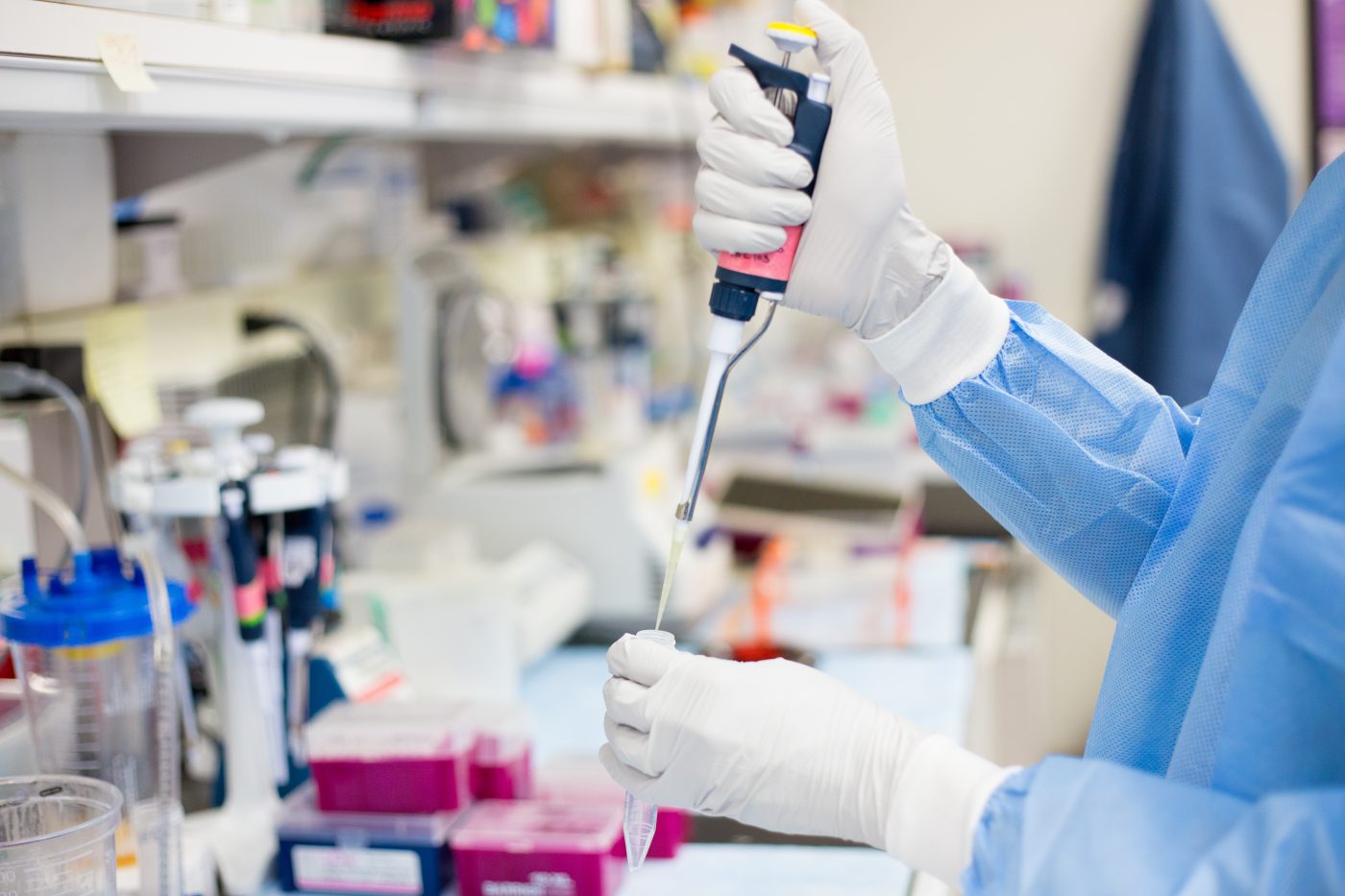Researchers at Uppsala University in Sweden recently published in the journal Scientific Reports the finding that an anti-inflammatory molecule called interleukin-35 (IL-35) plays an important role in type 1 diabetes development, offering a new potential therapeutic strategy. The study is entitled “Interleukin-35 administration counteracts established murine type 1 diabetes – possible involvement of regulatory T cells.”
Type 1 diabetes is a chronic condition normally diagnosed in children and young adults. This form of the disease is present in only 5% of the individuals diagnosed with diabetes. Individuals with type 1 diabetes do not produce insulin, a hormone produced by beta cells in the pancreas that is essential to control blood sugar levels and convert sugar, starches and other foods into energy. The disease currently has no cure and patients depend on daily injections of insulin. In Sweden, it is estimated that two new cases of type 1 diabetes are diagnosed every day.
Type 1 diabetes is considered an autoimmune disease, where the body’s own immune system overreacts and mistakenly attacks healthy cells. In the study, researchers investigated immune regulatory T cells, a type of white blood cell that plays a central role in the body’s immune response, in mouse models of type 1 diabetes.
Scientists found that immune regulatory T cells have an altered function in these animals and that they produce destructive pro-inflammatory proteins instead of protective anti-inflammatory proteins like interleukin-35 (IL-35).
“This suggests that the good guys have gone bad in early development of Type 1 diabetes and therefore our immune cells destroy the beta cell”, explained the study’s lead author Dr. Kailash Singh in a news release.
The team also found that the levels of IL-35 were decreased in patients with type 1 diabetes in comparison to healthy individuals. Given their findings, researchers tested whether IL-35 supplementation could inhibit type 1 diabetes development and possibly reverse the disease when it is already established in two mouse models of the disorder. Researchers found that IL-35 administration effectively prevented the development of type 1 diabetes in the animals and normalized their blood glucose concentrations. Interestingly, when IL-35 treatment was stopped, diabetes did not return.
“To the best of our knowledge, we are the first to show that IL-35 can reverse established Type 1 diabetes in two different mouse models and that the concentration of the particular cytokine is lower in Type 1 diabetes patients than in healthy individuals. Also, we are providing an insight into a novel mechanism: how immune regulatory T cells change their fate under autoimmune conditions,” said Dr. Singh.
The research team concluded that IL-35 may play an important role in type 1 diabetes, and suggests that therapies based on this anti-inflammatory molecule should be investigated for the treatment of type 1 diabetes and perhaps also other autoimmune diseases.


